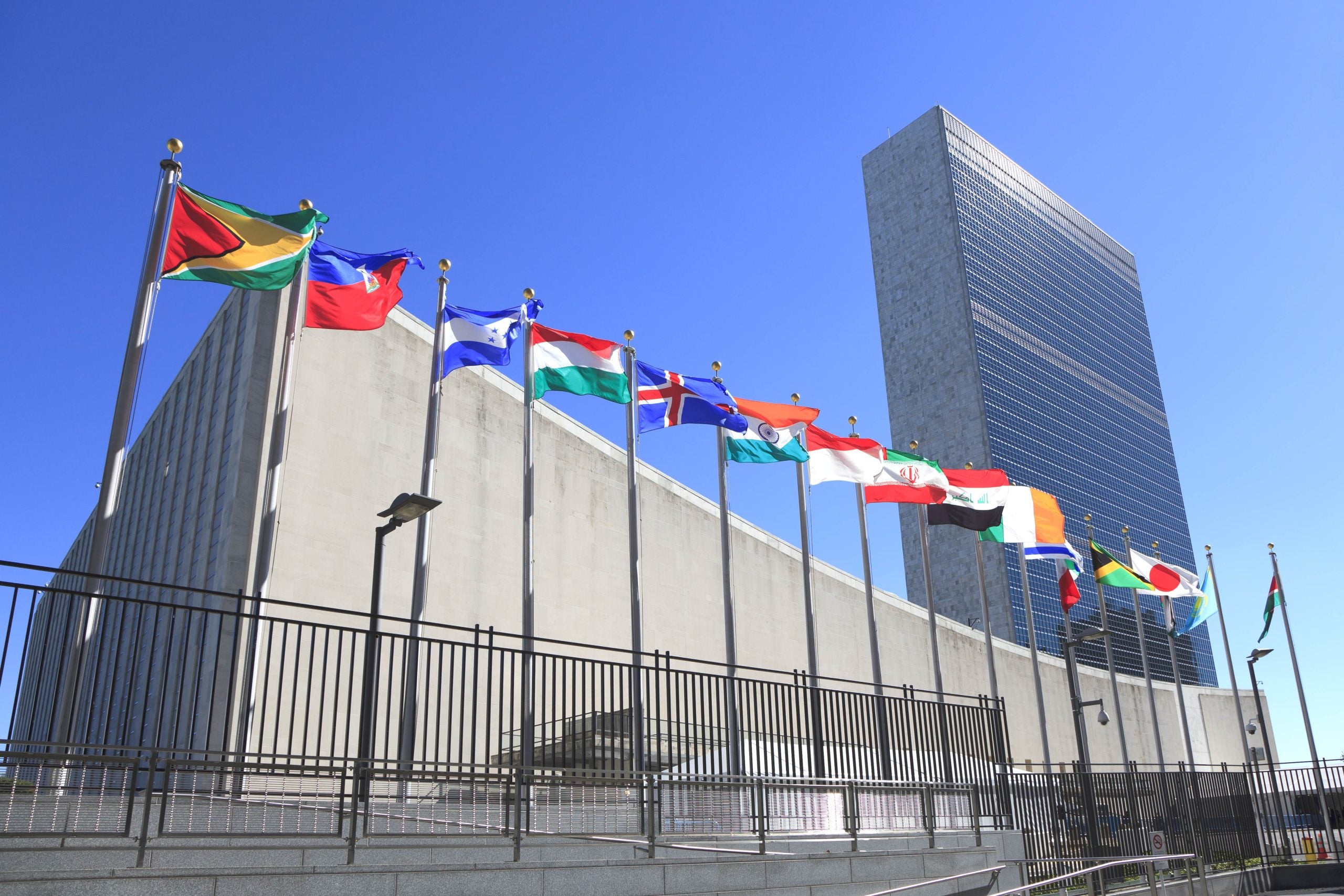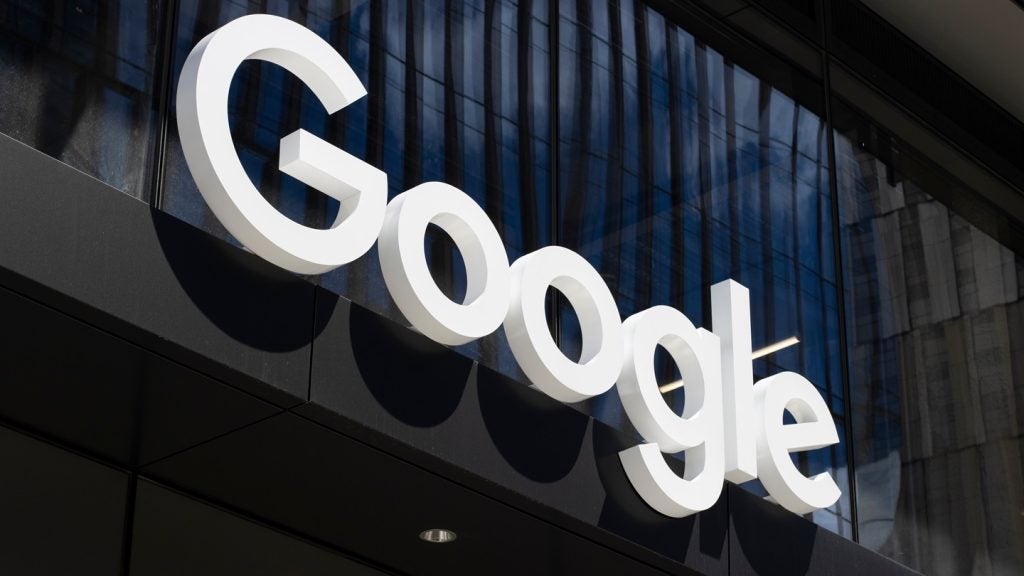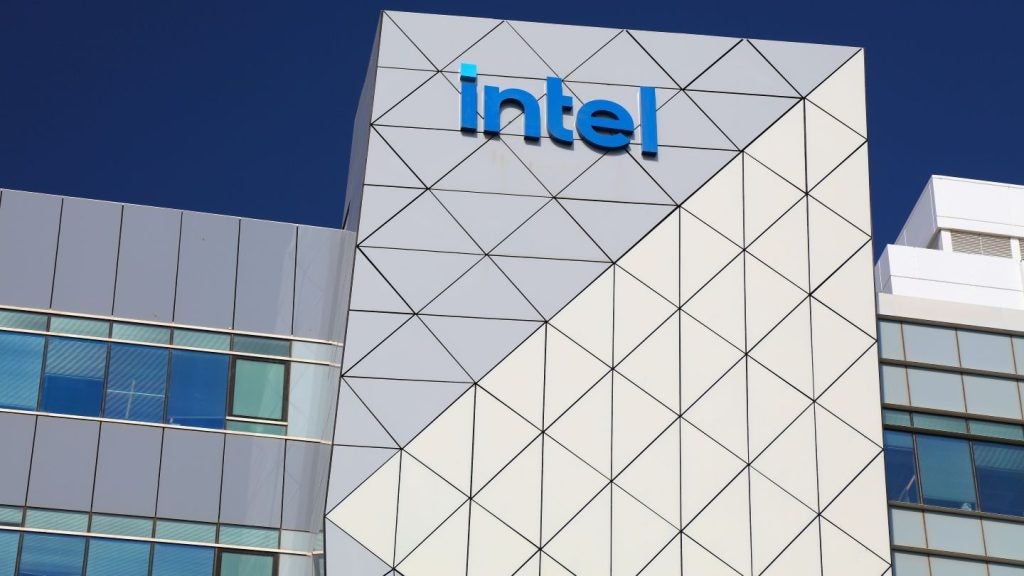
The United Nations has launched a 39-member advisory body to address issues in the international governance of artificial intelligence (AI), UN Secretary-General António Guterres said on 26 October.
The announcement came the same day as UK Prime Minister Rishi Sunak announced the launch of “the world’s first AI safety institute”.
The UN AI advisory body comprises 39 members, including individuals from various sectors and backgrounds.
Members include tech company executives, government officials, and academics from multiple countries, including Spain, Saudi Arabia, Russia, and Japan.
The UN AI advisory body plans to release preliminary recommendations by the end of the current year, with final recommendations scheduled for mid-2024.
Immediate tasks include building a global scientific consensus on AI risks and challenges and strengthening international cooperation for AI governance.

US Tariffs are shifting - will you react or anticipate?
Don’t let policy changes catch you off guard. Stay proactive with real-time data and expert analysis.
By GlobalDataThe advisory body’s first meeting is set to occur on October 27.
UK announces ‘world’s first’ AI safety institute
In the UK, on the same day, Sunak vowed to tackle fears surrounding AI ahead of the world’s first AI safety summit, hosted by the country on 1 November.
Sunak also announced “the world’s first AI safety institute” which he said will “advance the world’s knowledge of AI safety”.
He added that the institute will also carefully examine, evaluate and test new types of AI so that we understand the capabilities of each new model.
Laura Petrone, analyst at research company GlobalData, told Verdict that the UK’s AI Safety Institute is part of the country’s efforts to lead in the exploration and tackling of AI safety risks.
“While it is critical to be part of this debate, researchers and AI experts worldwide have been flagging the dangers of AI for quite a few years now, and most of them would like to see some actual mitigation of these risks,” Petrone said.
Petrone believes that now is the time to discuss introducing regulation while making it “dynamic and gradual enough not to limit innovation”.
“Other countries and regions like the EU and China are working to set the regulatory standards,” Petrone said.
Petrone said that the UK “might be missing out on a strategic aspect of AI governance” by refusing to consider regulation now.







